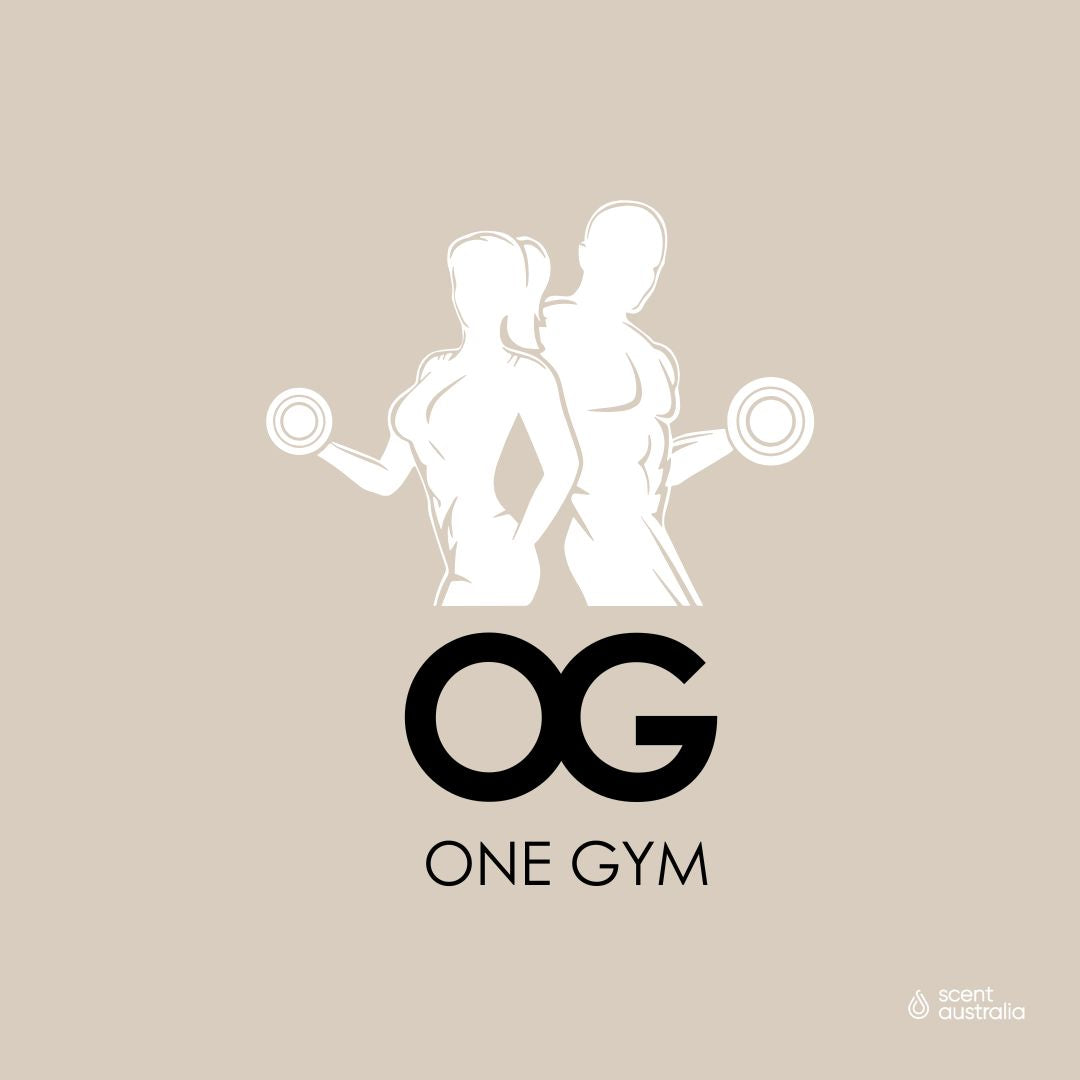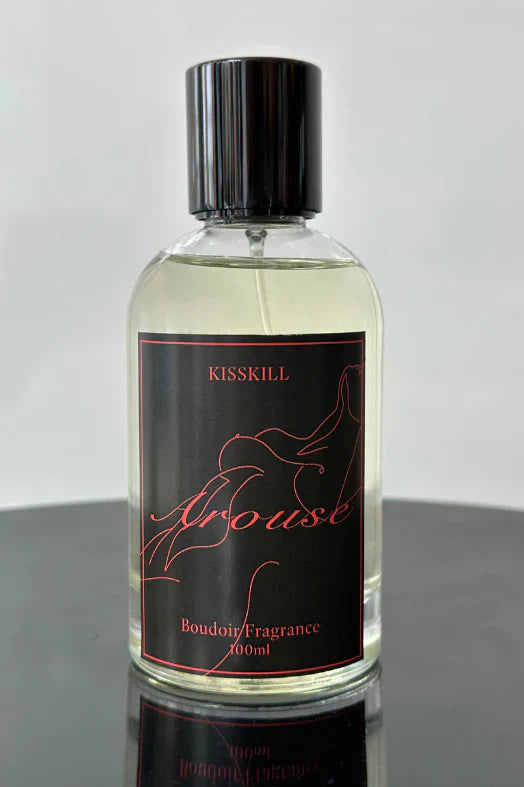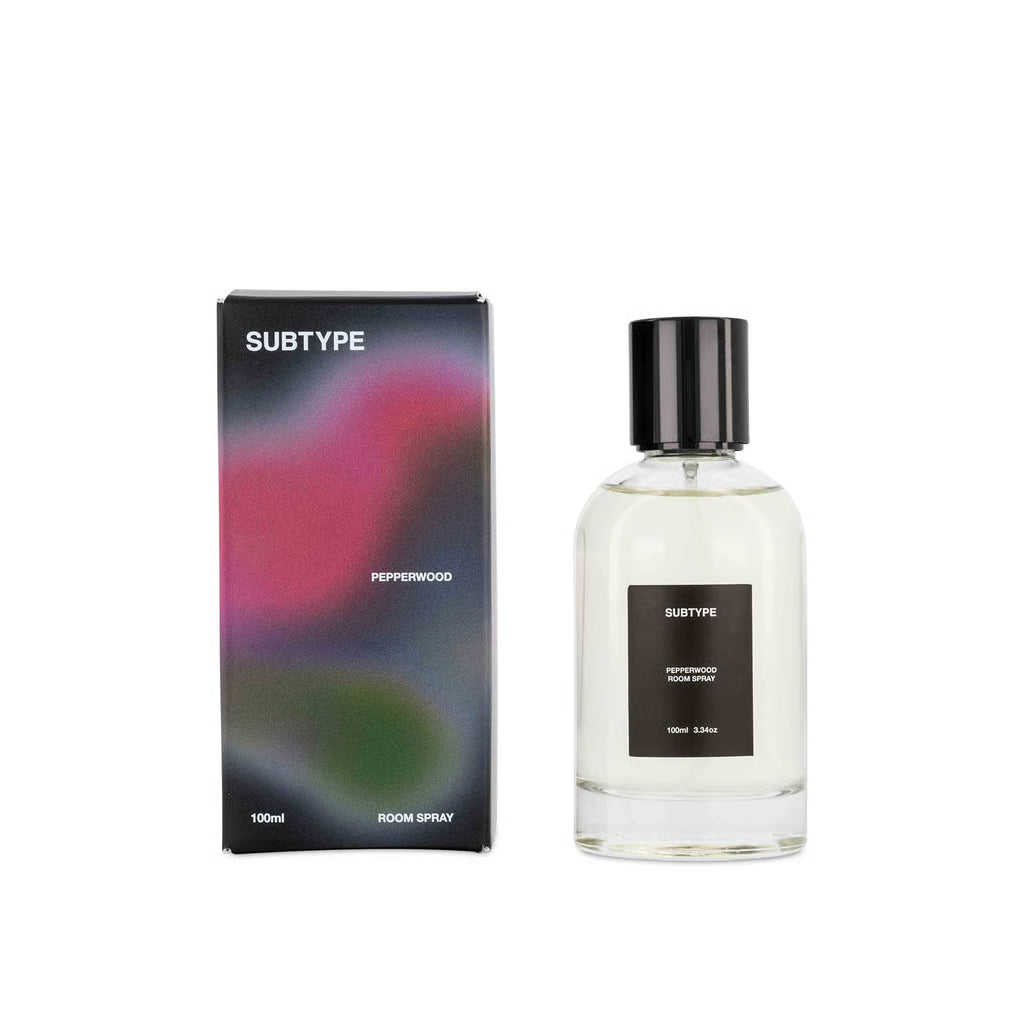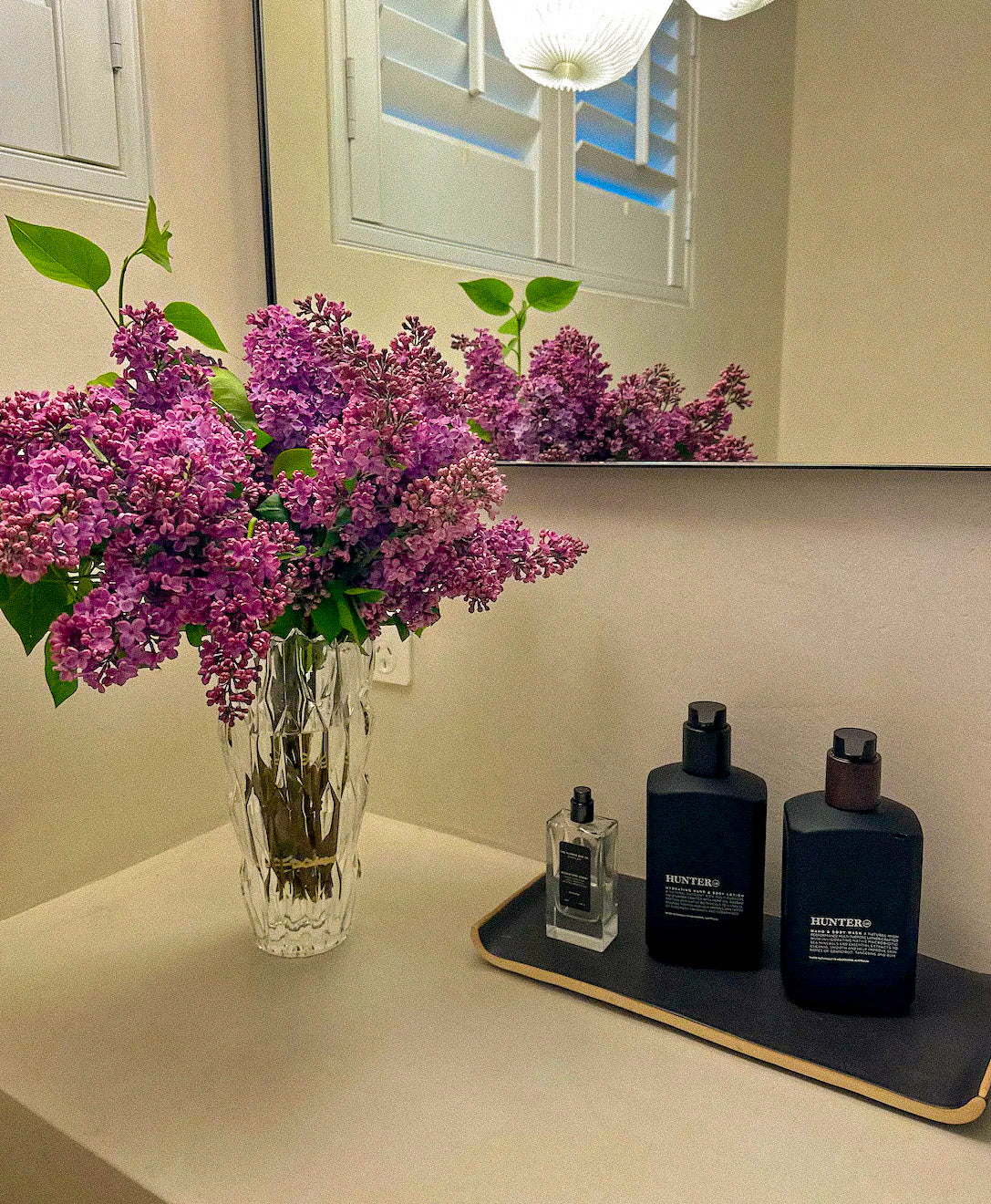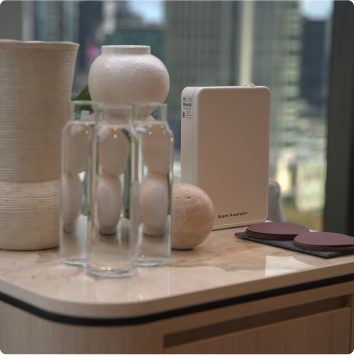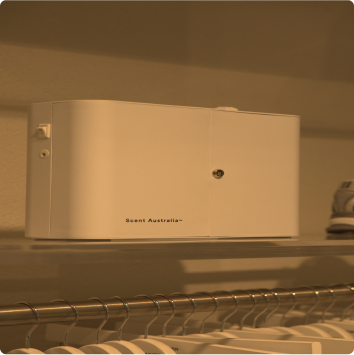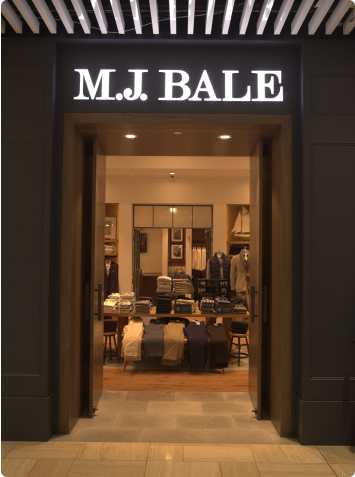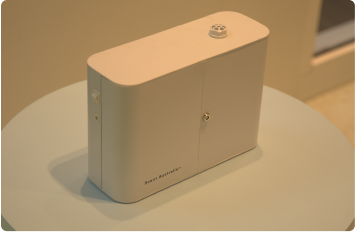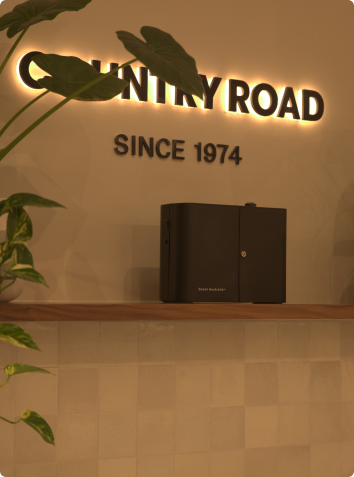Scent Australia discusses Scent Marketing in the Australian Financial Review
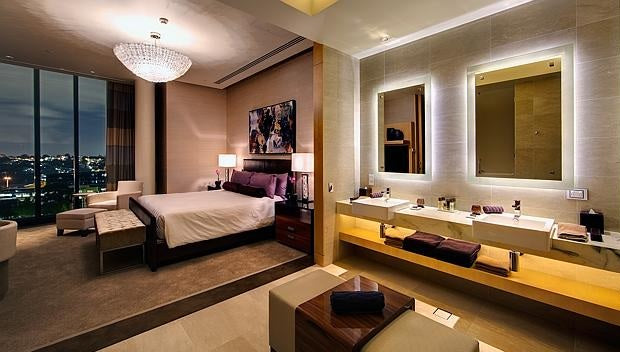

The Darling hotel in Sydney: visitors are greeted with the pleasing aroma of citrus tea.
By: CLAIRE STEWART
It’s long been acknowledged that personal aroma is one of the most powerful subconscious determinants of whom we will take as a lover.
But the idea that smell might also be a better marketing tool than visual or audio stimuli is a more recent phenomenon.
Scent is our most primal and instinctive sense. Humans take about 30,000 breaths every day and are able to identify more than 10,000 different smells. Herz says the most interesting thing she has learned about the olfactory sense is that it switches off while we are asleep.
Now, hotels have opened their eyes (and their nostrils) to the possibility of scent branding.
From a marketing perspective, the case is particularly compelling because smell is processed in the part of the brain that deals with emotions, decision-making and memory, called the limbic system. The other senses, however, are processed in the medulla, which governs purely analytical responses.
And it’s that power to instantaneously trigger an emotional response to a smell that has become such a boon for hotels.
“Most hotels are spending about $250 to $500 a month to scent their lobby,” Daniel Green, director of the Melbourne-based company Scent Australia, says.
“For that, they get more positive feedback than for other senses. Guests would rarely say they liked the music or the décor, but often comment on the smell every single day.”
Many now have their own “signature scent”, which is packaged for guests to purchase and take home as diffusers, candles and beauty products.
Some, like Bangkok’s Shangri-La, have introduced “scent menus”. Not only can you choose a preferred pillow, but also how you want the room to smell.
Green, a chartered accountant, says there is value in scents because they are a low-cost marketing tool.
Smells target the one sense you literally cannot ignore, because you can’t stop breathing.
At Sydney’s The Darling, the lobby and spa area are perfumed using two variations on the same base of Citrus Tea, chosen from about 15 different scents. The hotel is not taking a subtle approach either, the scent is pumped through the air-con.
Green says a wide range of academic research found simple scents with one or two characteristics, rather than complex fragrances, put your brain in a good mood, which increases a willingness to spend money and make more positive judgments about products.
“A very simple scent has a positive effect on your emotions like any other scent, but leaves your brain free to process other senses because it’s simple,” Green says.
“They tested this by having children in a classroom solve problems. When there was no scent, their performance was average; when there was a complicated scent they did worse than average; but when there was a simple scent they performed better than average.”
Shopping malls that are capitalising on the trend by scenting their open spaces with the smell of fresh food are recording higher sales in cafes.
By creating a signature fragrance that can be applied to bath products, diffusers or candles, hotels can sell a “memory beacon” that is pleasant for clients and builds subliminal brand loyalty when they use it at home.
“Not only that, but their friends see it and comment on it and it gets even more advertising. So for a few dollars they get this unbelievable free advertising.”
Green says scent is so powerful because it directly affects the way that we perceive other experiences.
“A study in European nightclubs found that on the night they used a scent, people said the music was better, the lighting was better, there was more dancing. It wasn’t that any of those other things changed; it was just that the scent improved how they experienced their other senses.”
Another study by Yale University found that good smells affect eight major factors determining mood and reduce negative factors like stress, apathy and depression.
“For business, it makes people think your product or venue is a better quality,” Green says. “They have an increased, subconscious willingness to pay for it, and expect the price to be higher. And the only attribute that you’re changing is the smell.”
Contact Us
Contact us for more information about how easy it is to sent your business and increase customer satisfaction and sales!








 Brian Clark
Brian Clark
